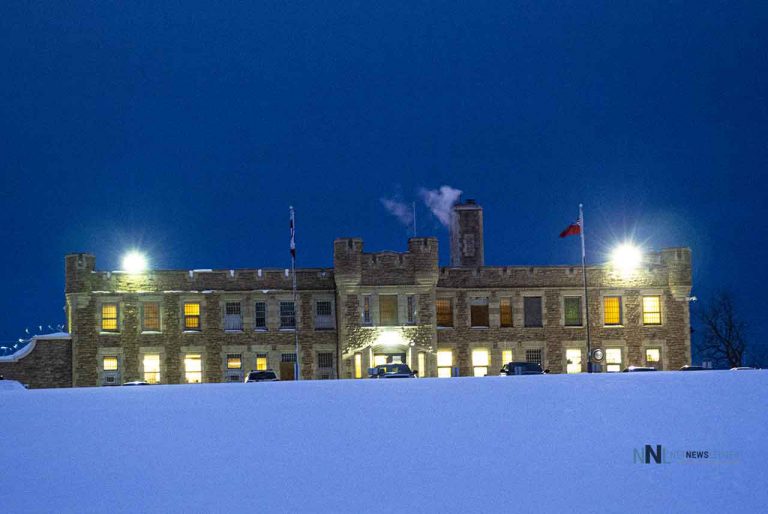On Monday, Canadian Prime Minister Justin Trudeau criticized Facebook for prioritizing profits over people’s safety during the ongoing emergencies resulting from Canada’s unprecedented wildfire season.
Meta, the parent company of both Facebook and Instagram, had previously announced its intention to uphold its commitment of blocking news content from Canada on its platforms. This decision was driven by a new law that mandates large tech companies to compensate publishers for using their content online, whether through linking or other means.
The relentless wildfires sweeping across Canada have forced the displacement of tens of thousands of individuals from their residences and have posed threats to various cities, including Yellowknife, the capital of the Northwest Territories. Notably, around 30,000 people in British Columbia were issued evacuation orders in response to the escalating fires.
“Right now, in an emergency situation where up to date local information is more important than ever, Facebook is putting corporate profits ahead of people’s safety,” Trudeau said at a news conference in Cornwall on Prince Edward Island.
“It is so inconceivable that a company like Facebook is choosing to put corporate profits ahead of insuring that local news organizations can get up to date information to Canadians,” the prime minister said.
On Friday, government ministers urged Meta to rescind its news ban in Canada, which affects not only local news sources but also prominent national media like the Canadian Broadcasting Corporation.
Based in Northern California, the corporation maintained its stance and released a statement concerning the wildfires, asserting that individuals in Canada can still utilize Instagram and Facebook to engage with their communities and obtain reliable information. This encompasses content from official government bodies, emergency services, and non-governmental organizations.
As a result of this decision, individuals residing in or visiting the country are unable to access or distribute news-related materials on the social networks owned by Meta. This includes news articles, videos, and audio content originating from sources within or outside of Canada.
Meta hasn’t acted in isolation in this matter. Alphabet, the parent company of Google, similarly indicated its intention to eliminate Canadian news links as a reaction to the new legislation, although it has not executed this action as of now. The Online News Act, which was approved following extensive deliberations at the end of June, is scheduled to become operational later this year.
“This is Facebooks choice,” commented Trudeau. “In a democratic context, the significance of robust local journalism cannot be understated, particularly during these times of heightened concerns about homes, communities, and the exceptionally challenging summer of extreme events that we’re currently facing.”
Expressing his viewpoint, British Columbia Premier David Eby conveyed his dissatisfaction with Meta’s failure to reconsider its choice of preventing the sharing of Canadian news online.
“I find it astonishing that we are at this stage of the crisis and the owners of Facebook and Instagram have not come forward and said ‘We’re trying to make a point with the federal government, but it’s more important that people are safe,'” Eby said.
He further emphasized that a considerable number of individuals in British Columbia heavily depend on Facebook-shared media as a source of information regarding the wildfires.
Meta has previously taken comparable actions. In 2021, it implemented a temporary blockade of news content on its platform in Australia, following the enactment of legislation requiring tech firms to compensate publishers for utilizing their news content. Subsequently, Meta entered into agreements with Australian publishers to address the situation.



